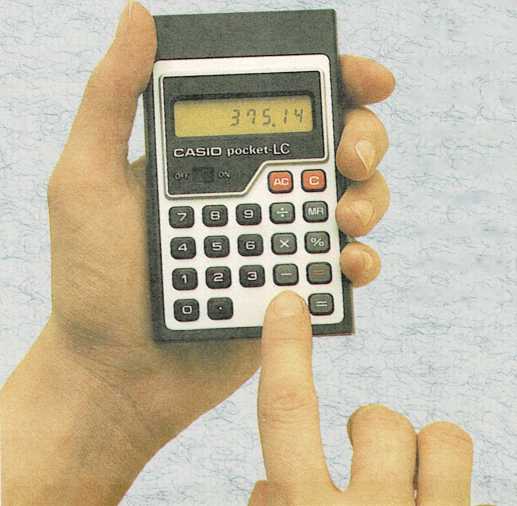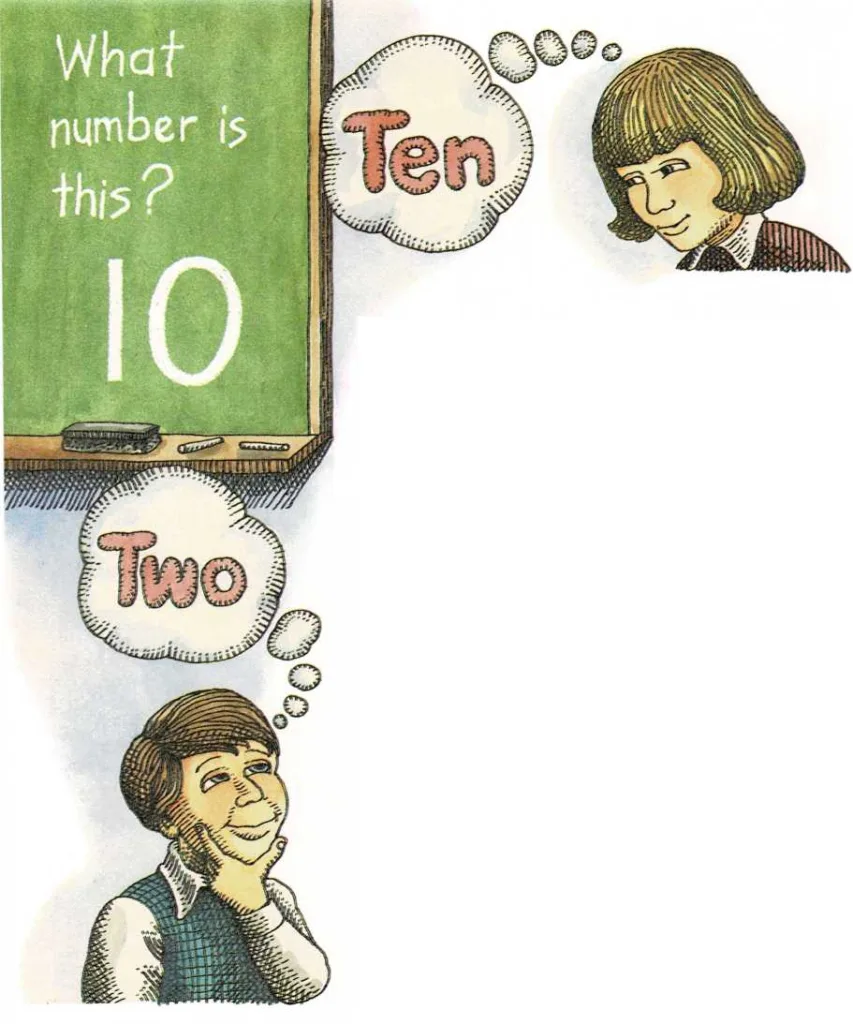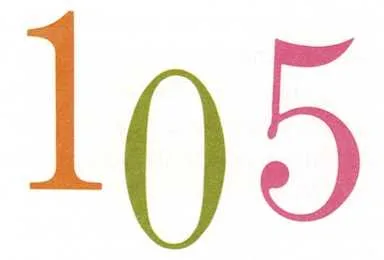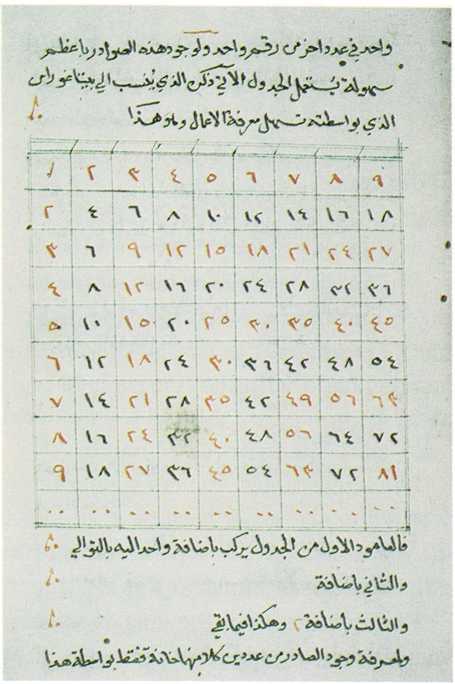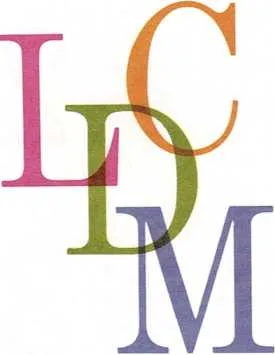Think of all the numbers you use every day. At school, you go into a room that probably has a number on the door. Many times during the day, the teacher will tell you the number of a page to turn to...
What can you do with numbers?
A lot of surprising things I You can turn them into pieces and squares, And into irregular rings. You can split them into piles, You can give them funny names, You can make them into puzzles, You...
Counting machines
The abacus was the "great grandparent" of many other kinds of counting machines, such as the adding machine, the cash register, the computer, and the electronic calculator. It's easy to see where we...
Counting like a computer
When you see a 1 and 0 together, you would say they stand for ten. But to a computer, they stand for two! We count with ten numerals---0, 1, 2, 3, 4, 5, 6, 7, 8, 9. But a computer uses only two, 1...
Eko, eno, esa
If you speak English, you start by counting, "One, two, three.. .." If you speak Spanish, you start by counting, "Uno, dos, tres. . . ." And if you speak Ashanti, a language of Africa, you start by...
The invention of nothing
One of the most important things ever invented was---nothing! But how can nothing be important? And how can nothing be invented? To understand, we have to go back to the abacus. To show the number...
A gift from Arabia
The numerals now used by Arabic-speaking people are not much like the ones we call Arabic numerals. Only the 1 and the 9 are like ours, as you can see in this multiplication table from a book written...
Fancy fingers
Have you ever seen a clock like the one in the picture below? The marks on the face of this clock are called Roman numerals. The Romans were people who lived in Italy long ago. We still use their...
Arrowheads, letters, dots
Babylonia was an important kingdom in the Near East about five thousand years ago. The Babylonians invented one of the first forms of writing, and wrote many texts on mathematics. They did their...
Fingers, flowers, and polliwogs
> As tribes became nations and villages became cities, people had more > things to keep track of than ever before. Merchants had to keep > records of the things they traded to other merchants. The...



